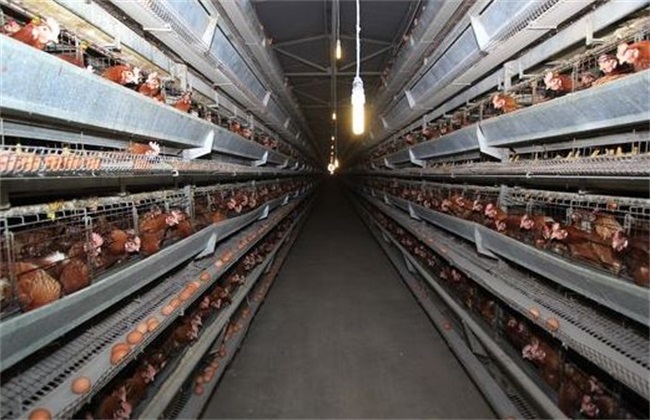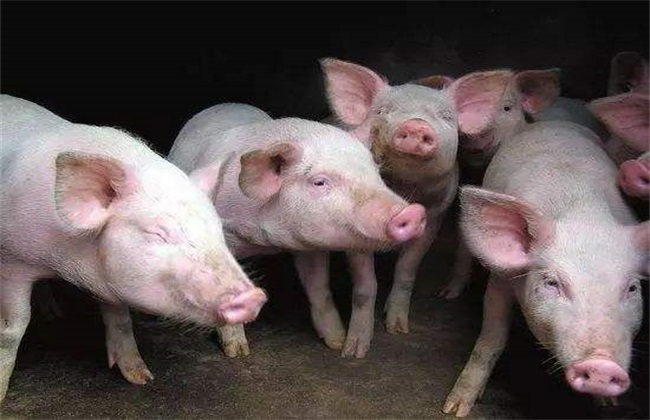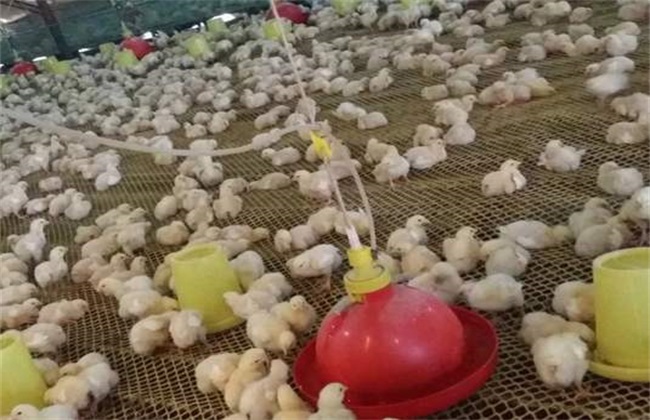Harm of early and late calcium supplementation in laying hens
Calcium supplementation is very important when raising laying hens. Because the composition of egg shell is inseparable from calcium, if calcium is insufficient, then laying hens are very easy to produce soft-shell eggs, rotten eggs and so on. However, when we supplement calcium, we should also pay attention to control the time, not too early and too late, otherwise it will be very disadvantageous to the growth of laying hens. So what is the harm of laying hens replenishing calcium too early and too late? Let's take a look at it with the editor.

1. Early calcium supplementation
The time requirement of calcium supplement for laying hens is still relatively strict. Do not supplement calcium too early, because in the laying hens in the breeding period, the demand for calcium is not very large. The demand for calcium is about 1 per cent of the total demand for laying hens. Therefore, during the breeding period, the calcium absorption of laying hens will not be very much. If the calcium is supplemented too early, then the calcium can not be fully absorbed and utilized. The extra calcium will be excreted from the kidney of laying hens, which will not only lead to waste of calcium, but may also lead to gout in laying hens in serious cases.
2. Calcium supplement is too late.
If the calcium supplement is too late, it will also cause great harm to laying hens. After entering the laying period, the demand for calcium will rise in a straight line. Compared with chicks and breeding chickens, the demand for calcium during the laying period will be about 3 times higher. If you wait until a large number of laying hens start to give birth before calcium supplement, then it is impossible for laying hens to absorb enough calcium before then. Therefore, the formation of eggshell will be lack of calcium, and in order to meet the needs of eggshell formation, calcium reserves will be transferred from the egg bones. As a result, laying hens are prone to osteomalacia, paralysis and so on.
3. Suitable time for calcium supplement
When we supplement calcium to laying hens, we should control the time of calcium supplement according to the use of the hens. For example, if it is a commercial laying hen, it should be supplemented with calcium at the age of 18 weeks, and if it is a chicken in meat, it should be supplemented at the age of 22 weeks. In general, it is an important time for laying hens to supplement calcium when it is about half a month away from the start of production. Therefore, we must pay more attention to grasp the time of calcium supplement, must not supplement calcium too early and too late.
4. Methods of calcium supplement
The calcium supplement method for laying hens is actually very simple. Among them, there are generally two kinds of calcium supplement methods that are often used. The first method is to add an appropriate amount of calcium-rich substances such as shell powder and calcium carbonate powder directly to the feed of breeding chickens. It was added from 1%, and then gradually increased over time to about 3.5%. Or when the laying rate of laying hens reaches about 5%, the feed can be changed to laying hens with high calcium content.
The above is a brief introduction to the harm of early and late calcium supplementation for laying hens. That's all for today's introduction. This article is for reference only. I hope it can help you all.
Related
- On the eggshell is a badge full of pride. British Poultry Egg Market and Consumer observation
- British study: 72% of Britons are willing to buy native eggs raised by insects
- Guidelines for friendly egg production revised the increase of space in chicken sheds can not be forced to change feathers and lay eggs.
- Risk of delay in customs clearance Australia suspends lobster exports to China
- Pig semen-the Vector of virus Transmission (4)
- Pig semen-the Vector of virus Transmission (3)
- Five common causes of difficult control of classical swine fever in clinic and their countermeasures
- Foot-and-mouth disease is the most effective way to prevent it!
- PED is the number one killer of piglets and has to be guarded against in autumn and winter.
- What is "yellow fat pig"? Have you ever heard the pig collector talk about "yellow fat pig"?



